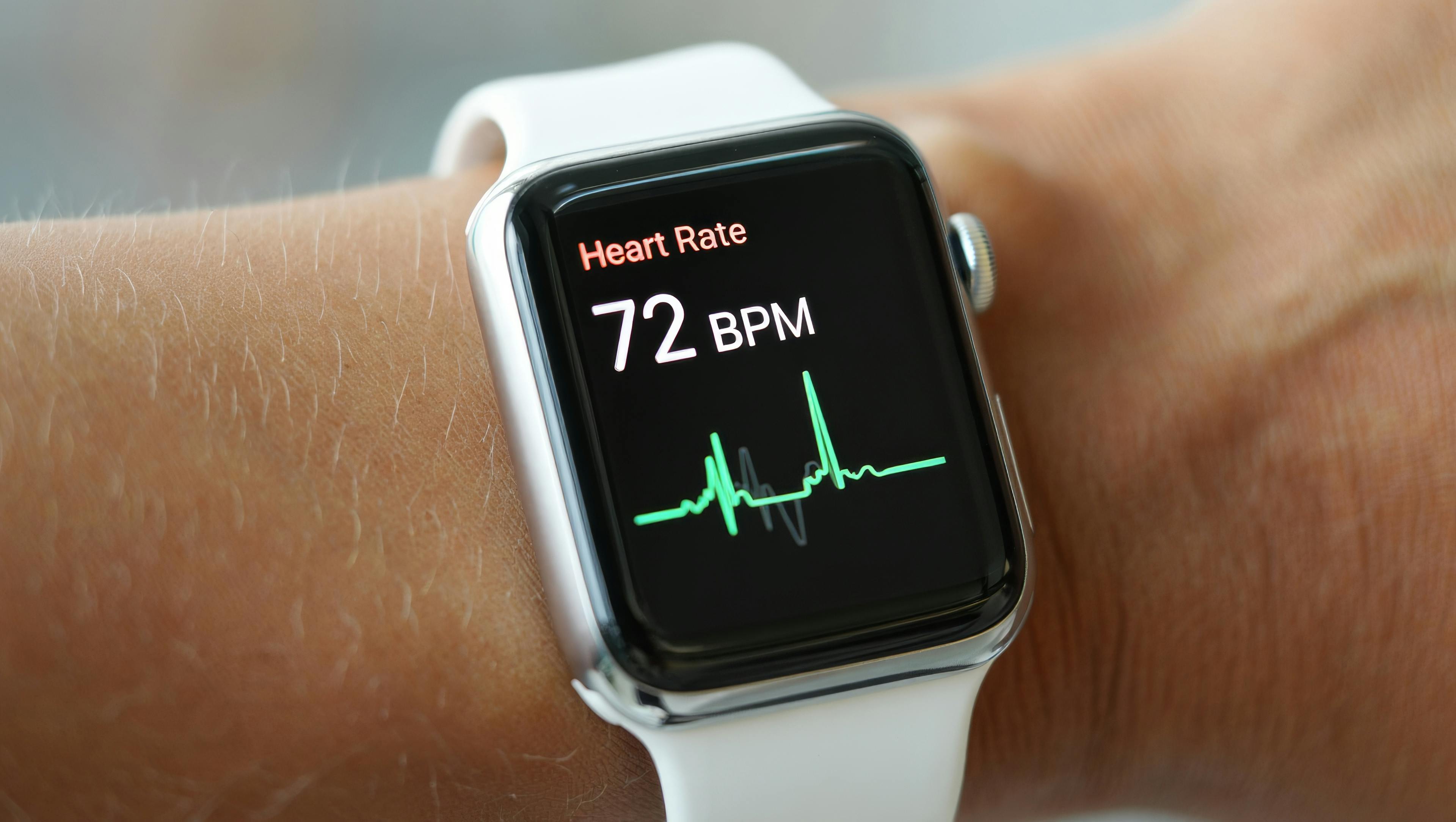Healthy eating patterns look different for everyone. One approach that has gained attention in recent years is intermittent fasting. Patients often hear about it in the media or from friends and wonder whether it is safe or effective. Some people find it helpful for weight loss management, metabolic health, or longevity. Others may experience fatigue or find it difficult to maintain.
Let’s explore how intermittent fasting works, along with its potential benefits and risks, to make the first step toward making an informed decision.
What Is Intermittent Fasting?
Intermittent fasting is a dietary pattern that alternates between periods of eating and fasting. Rather than focusing on specific foods, it emphasizes when you eat. This approach has gained popularity for effective weight management, improved metabolic health, and even increased longevity.
For patients in Houston exploring safe approaches to intermittent fasting, our specialists are here to help you design a plan that fits your health needs and long-term health goals.
How Does Intermittent Fasting Work?
When you fast, your body shifts from relying on glucose as its main energy source to burning stored fat. This transition lowers insulin levels, improves sensitivity to insulin, promotes fat loss, and boosts metabolism.
Fasting also triggers beneficial processes such as cellular repair and reduced inflammation, which may support health and resilience over time.
Common Intermittent Fasting Methods
- 16:8 method: fasting for 16 hours, eating within an 8-hour window.
- 5:2 approach: eating normally 5 days per week and reducing calories on 2 days.
- Alternate-day fasting: fasting every other day, with some allowance for small meals.
Benefits of Intermittent Fasting
Research suggests that intermittent fasting may offer a variety of health benefits:
- Weight management: promotes fat burning and supports gradual weight loss.
- Blood sugar control: reduces insulin resistance and may lower the risk of type 2 diabetes.
- Cardiovascular health: associated with improvements in blood pressure and cholesterol.
- Brain function and longevity: some studies suggest protective effects against age-related decline and chronic inflammation.
Intermittent Fasting for Women Over 50
Women over 50 may find intermittent fasting beneficial for metabolism, cardiovascular health, and bone strength. However, hormonal changes during and after menopause can affect how the body responds to fasting.
A safe plan for women in this age group should emphasize nutrient-rich meals that include:
- Adequate protein for muscle support
- Calcium and vitamin D for bone health
- Healthy fats and fiber for heart and digestive health
Who Should Avoid Intermittent Fasting
While intermittent fasting is safe for many adults, it is not suitable for everyone. Potential risks include fatigue, headaches, nutrient deficiencies, or low blood sugar, especially in the early stages.
Intermittent fasting is not recommended for:
- Pregnant or breastfeeding women
- Children and teenagers
- People with a history of eating disorders
- Individuals with uncontrolled diabetes or certain chronic conditions
Always consult a healthcare provider before starting a fasting plan to ensure it is appropriate for your health status.
Intermittent Fasting and Health Conditions
For individuals with type 2 diabetes, intermittent fasting may help with blood sugar control, but it also increases the risk of hypoglycemia. Adjustments to medication should always be made under medical supervision.
People with cardiovascular disease, thyroid disorders, or other chronic illnesses should only begin fasting after a detailed conversation with their physician. A tailored approach can balance potential benefits with safety.
How to Start Intermittent Fasting Safely
Safe practices help make intermittent fasting more sustainable:
- Ease into fasting: begin with shorter fasting periods and gradually extend them.
- Stay hydrated: water, black coffee, and unsweetened tea are usually allowed.
- Plan balanced meals: focus on lean proteins, vegetables, fruits, whole grains, and healthy fats.
- Limit/avoid processed foods: limit refined carbs, sugary snacks, and high-sodium items.
Monitoring your energy, mood, and general well-being will help determine whether fasting is a healthy and sustainable choice for you.
What to Eat (and Avoid) During Intermittent Fasting
Nutrition matters just as much as timing when it comes to intermittent fasting and weight loss. To maximize benefits:
- Focus on: fresh vegetables, fruits, lean proteins, beans, nuts, seeds, and whole grains.
- Limit or avoid: sugary drinks, fried foods, refined carbs, and ultra-processed snacks.
Can you drink water during fasting?
Yes, staying hydrated is essential for results. Water, unsweetened tea, and black coffee are generally safe. Drinks with calories, sugar, or creamers break the fast and should be consumed only during eating windows.
Sample Meal Plan for Intermittent Fasting
When you’re eating fewer meals within a set window, it’s important to choose foods that are nutrient-dense, satisfying, and supportive of steady energy levels. A balanced meal plan should include lean protein, fiber-rich carbohydrates, and healthy fats to help you feel full and maintain stable blood sugar throughout the day. Here’s an example of what a day might look like during your eating window:
- Breakfast (during eating window): Veggie omelet with whole-grain toast — packed with protein and fiber to keep you full and energized.
- Lunch: Grilled chicken with quinoa and roasted vegetables — a combination of lean protein, complex carbs, and antioxidants.
- Snack: Apple slices with almond butter — a nutrient-dense snack that balances natural sugars with healthy fats.
- Dinner: Salmon with brown rice and a side salad — rich in omega-3s, fiber, and essential vitamins for heart and brain health.
This is just one example, and meals can be customized based on your preferences, dietary needs, and eating window. The key is focusing on whole, minimally processed foods that give you steady energy and support your long-term health goals.
Digital Tools to Support Fasting
Technology can make intermittent fasting easier to track and follow. The best apps for monitoring intermittent fasting, like Zero, FastHabit, and Life Fasting Tracker, allow you to:
- Log fasting and eating windows
- Track calorie intake and hydration
- Monitor progress over time
These tools provide structure, reminders, and accountability, especially for beginners who are adjusting to new eating patterns. Many apps also offer educational content and community support to help you stay motivated.
Why Medical Guidance Matters with Intermittent Fasting
Intermittent fasting can be a helpful lifestyle approach, but it’s not one-size-fits-all. Medical guidance is essential to ensure it’s safe and effective for your individual health. A family medicine provider can review your medical history, evaluate lab results, and create personalized recommendations so you can practice fasting in a way that minimizes risks and supports your long-term health goals.
Get Expert Fasting Guidance and Custom Meal Plans in Houston at CLS Health
Intermittent fasting can support weight management, blood sugar control, and overall health when it’s done safely and with the right plan. Our family medicine specialists provide expert guidance to minimize risks and create a fasting and nutrition plan tailored to your unique needs.
Take the first step toward better health—book your appointment with a CLS Health provider today.





